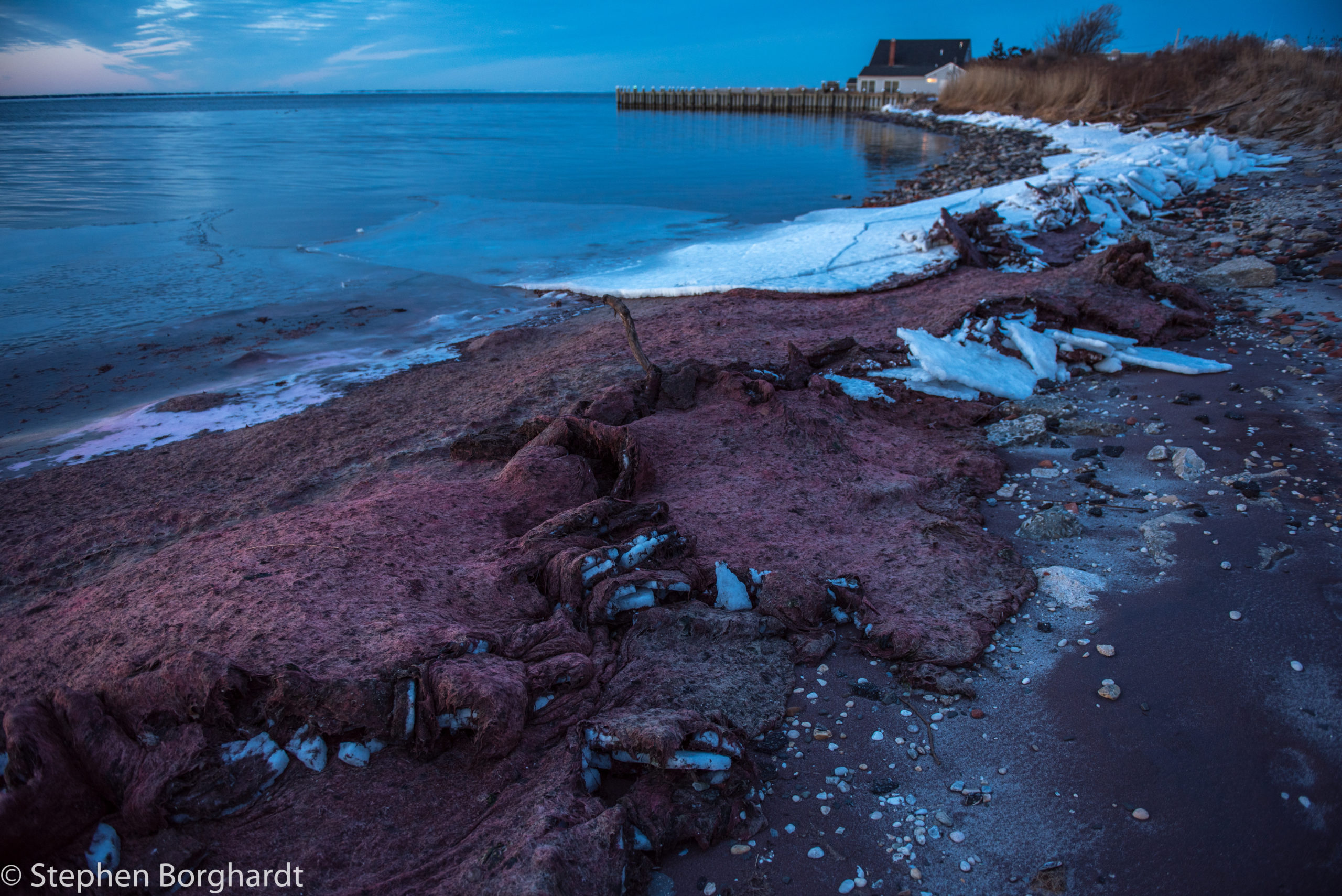Doug Wood said he wants to make it clear that he is not against fertilizers. He understands, he said, that Port Washington residents want to have nice lawns.
But Wood said that he also wants to have clean drinking water.
“A lot of people want to see that instant result with their lawns, but they’re going to have to be patient,” Wood said. “We need clean water.”
Wood, associate director of Port Washington-based Grassroots Environmental Education, has pushed for legislation to restrict the sale and use of this high-nitrogen, water-soluble fertilizer.
Identical bills were introduced in the state Assembly and state Senate. The bill in the Assembly passed on Tuesday, but the one in the Senate has stalled.
“It is imperative we take actions to mitigate the level of nitrogen in and around Long Island,” said state Sen. Kemp Hannon (R-Nassau), who introduced the legislation in the Senate. “Last year we created and funded a new state rebate program to replace septic systems which will reduce Long Island nitrogen levels and keep our water clean.”
Efforts to reach Elaine Phillips (R-Flower Hill) were unavailing.
Wood said that the water-soluble fertilizer is a problem because it seeps into the groundwater and then down into the local aquifers, which is the source of Long Island’s drinking water.
“We live on top of our drinking water,” he said. “The water takes whatever we put into the ground with it, and it costs a lot to filter it out.”
On top of that, fertilizer also contributes to several ecological problems in local bodies of water. The nitrogen leads to algae blooms, which in turn depletes oxygen in the water and kills wildlife like fish.
“We like to say water is our economy on Long Island — so goes the water, so goes the island,” he said. “We have lots of businesses along the coastline, and when we get big algae blooms that’s a real problem. It hurts tourism and real estate.”
Wood said that septic waste was the number one cause of increased nitrogen in bays, channels, and the ocean, but that fertilizer was second.
He said that he wasn’t opposed to people fertilizing their lawns.
In fact, using non-soluble fertilizer would prevent nitrogen from reaching the water. This fertilizer is not only better for the environment, it lasts longer, too.
Wood said that non-soluble fertilizer would only need to be put down a couple times each summer, while water-soluble fertilizer must be put down every two to three weeks.
Water-soluble fertilizer, though, has faster results, which is why, Wood said, it was popular.
“A lot of people want to see that instant result, but we’re going to need to be patient and let nature do its thing,” he said. “That seems a small price to pay to prevent pollution of water.”
Although he was pleased with the bill’s quick progress in the Assembly, Wood acknowledged that the Senate would be an uphill battle. He suspects that lobbyists from lawn chemical companies like Scott’s may be the reason.
“This industry has more money than God and likes to throw their weight around,” he said.
Wood said he wasn’t trying to put these companies out of business. He said they can adapt to the change, as they have in other states, and he said the companies would warm to the idea when they saw what good it did to the community.
“These guys don’t want to have their company’s name associated with every fish kill,” he said.
Grassroots Environmental Education has advocated for other local environmental issues, such as prohibiting turf fields with rubber and the use of fracking waste to melt snow on roads.
Patti Wood, the organization’s executive director, recently received a 2018 Trailblazer Award from Nassau Legislator Delia DeRiggi-Whitton (D-Glen Cove) in recognition of her work.



